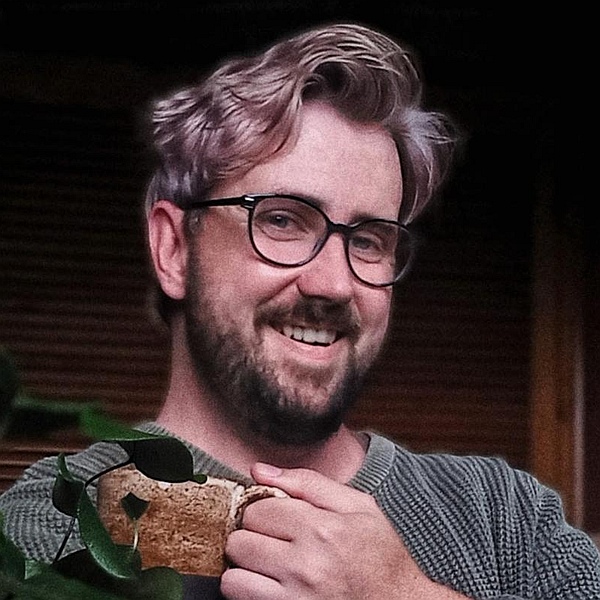Everyone will experience some form of abandonment in their life. For some, it will be a passing event that leaves almost no effect on them. For others, however, the mere suggestion of abandonment or neglect profoundly affects them, influencing much of their adult life, indicating an abandonment wound.
Facing trauma at an early age leads us to develop coping mechanisms so that we can move past the trauma and live balanced lives. However, sometimes these coping mechanisms result in us experiencing deeper hurt. Encinitas Christian Counseling is here to support you in finding healing and true restoration.
The first step to healing is often to acknowledge where we are now. Those who have experienced abandonment tend to struggle with others, either in trying to win their affection and acceptance or to avoid intimacy altogether. When we can be patient and honest with ourselves, we will begin to see some of those knots of fear begin to unravel in our lives.
Four Signs of an Abandonment Wound
You find it difficult to trust others and fear they will leave you
You might have heard of attachment styles. The theory is that in infancy, we develop certain ways of connecting with those around us. The way we connect with primary caregivers (like parents and teachers) continues to influence us as adults.
If we had parents or teachers who were unpredictable in their affection, or neglectful in their care, we may have experienced abandonment trauma. We would have developed strong independence to protect us from further hurt and disappointment.
We might see ourselves as having an avoidant attachment style. This has likely developed from experiencing neglect and abandonment early in our lives. If you fear being close to someone because you feel as if they will leave you, you probably have an abandonment wound.
You go to great lengths to please others and gain their loyalty, often at a personal cost
On the topic of attachment styles, we might have developed people-pleasing tendencies along with an anxious attachment style as a result of abandonment trauma. Many of these personality traits are connected and stem from a common root. When we peel back the layers on people-pleasing, we find that we are desperate to prove that we are worth sticking around for.
 It might cost us comfort, integrity, or time, but we can easily become bent on trying to manipulate people into loving us. There is no shame in this, but we must recognize it for the coping mechanism it is and seek to be healthier in our connections.
It might cost us comfort, integrity, or time, but we can easily become bent on trying to manipulate people into loving us. There is no shame in this, but we must recognize it for the coping mechanism it is and seek to be healthier in our connections.
You react strongly to perceived rejection and find many ways to see potential rejection
Most people are sensitive to rejection, whether they have experienced abandonment trauma or not. For those who have, however, rejection is possibly the most crippling thing to face. We long for security and stability in our relationships, but we find it hard to even believe such things exist, having not experienced them all that often.
We might be so hard-wired to perceive rejection that we see it where it’s not happening. Things like being “left on read” in a digital conversation, or being ghosted by a potential partner can cause us to crumble in despair, even if there are plausible explanations behind these events.
You constantly feel as if you’re unworthy of other’s attention or affection
When we were kids and encountered adults who showed little to no interest in us, our achievements, or our abilities, we might have grown up with a deep-seated belief that we are not worth someone else’s time, attention, or affection. Of course, we still crave attention, affection, and connection, but when we believe that we are just not worthy of it, that is our abandonment wound affecting us.
Moving Forward
An abandonment wound can affect us throughout our lives until we begin to address it. To deal with it, though, we have to learn to face our fears of rejection or abandonment. The first person we may have to open up to is a counselor or therapist. They could be the ones to help us undo some of our toxic belief systems and find new ways of being gracious with ourselves and begin risking things in relationships.
If you would like to begin finding healing for your abandonment wound, the first step you need to take is reaching out to us. You don’t need to go into detail about your situation if you would rather not. As soon as we have an idea of what kind of help you require, we can match you with a Christian counselor in Encinitas who can take it from there. Healing is entirely possible, and you can have a future of healthy relationships and secure connections. Contact us today at Encinitas Christian Counseling to find support.
“Joshua Tree”, Courtesy of Dennis Yu, Unsplash.com, CC0 License;
-
Wade Van Staden: Author
As a native of Zimbabwe, Africa I have always used what I have to help where and whomever I can. I became a certified counselor immediately after leaving school, and have worked in charities, missions, and community projects and churches ever since....
Recent Posts
DISCLAIMER: THIS ARTICLE DOES NOT PROVIDE MEDICAL ADVICE
Articles are intended for informational purposes only and do not constitute medical advice; the content is not intended to be a substitute for professional medical advice, diagnosis, or treatment. All opinions expressed by authors and quoted sources are their own and do not necessarily reflect the opinions of the editors, publishers or editorial boards of Stone Oak Christian Counseling. This website does not recommend or endorse any specific tests, physicians, products, procedures, opinions, or other information that may be mentioned on the Site. Reliance on any information provided by this website is solely at your own risk.





